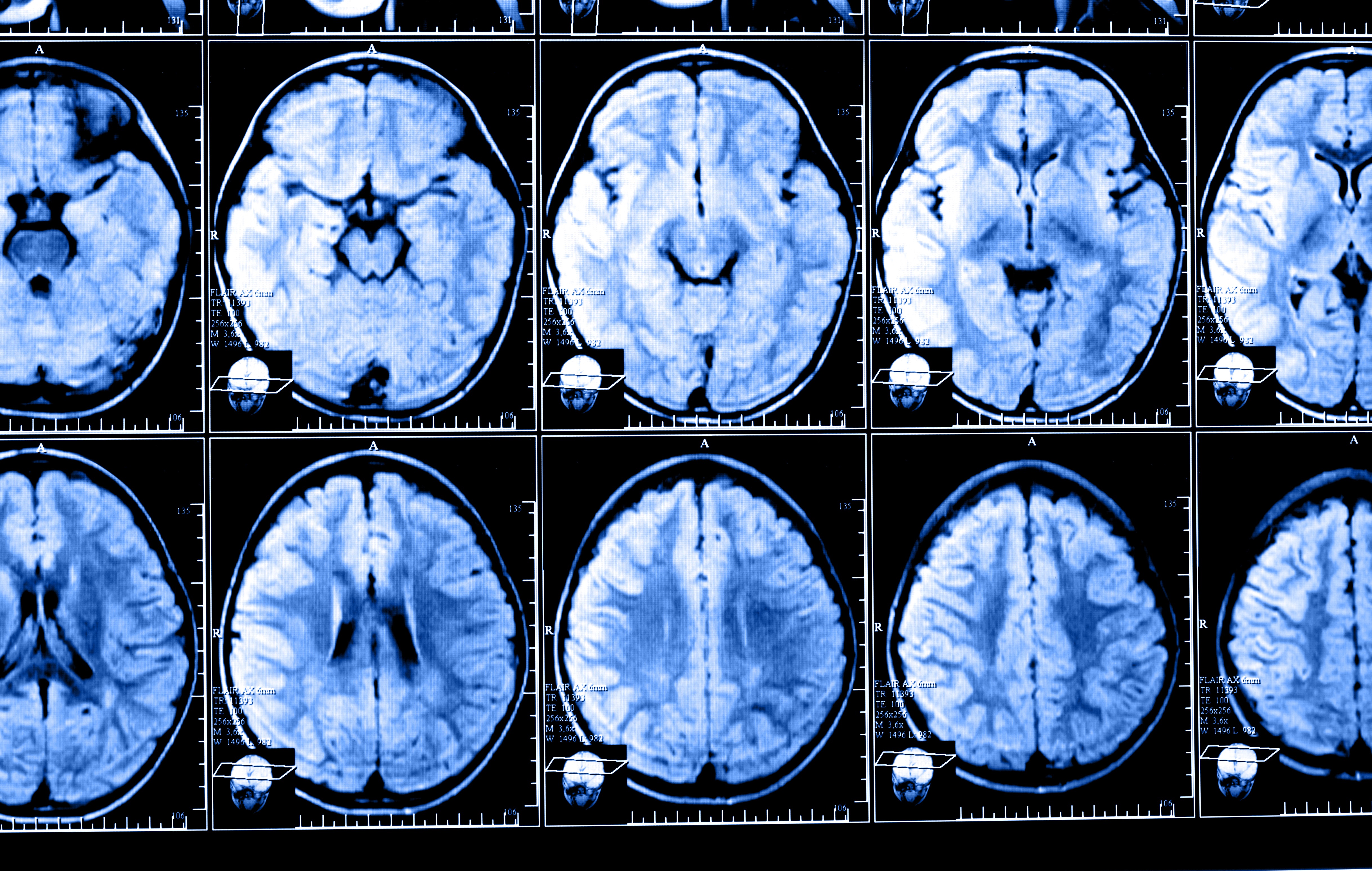Early Gilenya Treatment Lessens Disability Progression and Disease Activity in Young RRMS Patients, Study Shows
Written by |

Early and continuous treatment with Gilenya (fingolimod) in young people — those ages 30 years or younger — with relapsing-remitting multiple sclerosis (RRMS) decreases the risk of disability progression, and lowers annual relapse rates and brain lesions, new analysis from the FREEDOMS and FREEDOMS II trials show.
The study “Long-Term Effect of Immediate Versus Delayed Fingolimod Treatment in Young Adult Patients with Relapsing–Remitting Multiple Sclerosis: Pooled Analysis from the FREEDOMS/FREEDOMS II Trials” was published in the journal Neurology and Therapy.
Previous studies suggested that starting treatment at an early disease stage might prevent irreversible brain damage in people with RRMS. Such studies also suggest that early treatment with disease-modifying therapies (DMTs) could help control disease relapses.
“However, despite significant disease burden, use of DMTs in pediatric patients with MS is based mainly on small retrospective and observational studies,” the researchers said.
Gilenya, manufactured by Novartis, is a DMT approved by the U.S. Food and Drug Administration and the European Medicines Agency to treat adults and children with RRMS, ages 10 and older.
Now, to assess the long-term effects of Gilenya in the outcomes of young people and adults with RRMS, researchers analyzed pooled data from the Phase 3 FREEDOMS trials. Those trials — FREEDOMS (NCT00289978) and FREEDOMS II (NCT00355134) — tested two doses of Gilenya compared with placebo. In total, the trials enrolled 1,556 people with RRMS who were randomly selected to receive Gilenya at 0.5 milligram (mg) dose or placebo.
Researchers compared the outcomes of people treated with Gilenya (immediate group; 163 participants) to those treated with the placebo for 2 years and switched to Gilenya afterward (delayed Gilenya treatment; 147 patients). Trial participants were followed for 8 years.
In their analysis, the team focused on these 310 people, corresponding to 20% of the overall population in these trials.
At the start of the trials, these younger patients showed less disability and shorter disease duration, but a higher number of brain lesions — as shown by magnetic resonance imaging (MRI) — compared with that overall population.
Results showed that immediate treatment with Gilenya decreased the risk of 6-month confirmed disability progression (6m-CDP) by 54%, compared with the delayed treatment group. This risk reduction was more accentuated for younger patients than for the overall analysis population.
Similarly, analysis of the Expanded Disability Status Scale (EDSS) scores showed that fewer young patients treated continuously with Gilenya reached an EDSS higher or equal to four points (24.1%), compared with those in the delayed Gilenya group (34.1%). The higher the EDSS score, the greater is the individual’s disability, the researchers note.
Over the eight years of follow-up, younger patients treated continuously with Gilenya had fewer relapses (0.16 vs 0.38) compared with those who had their treatment delayed by two years.
Furthermore, a higher proportion of these patients were free of T2 brain lesions — the total amount of lesions, both old and new — at month 48, compared with patients receiving a delayed treatment (31.0% vs. 5.0%). After 8 years, 26.9% of the young RRMS patients in the immediate Gilenya group were free of brain lesions. That compared with zero people from the delayed group.
“In our analysis, young adult patients who were continuously treated with fingolimod [Gilenya] … showed better treatment effect than those who were re-randomized to fingolimod after 2 years on placebo,” the researchers said.
“In young adult patients with MS, immediate versus delayed fingolimod treatment was associated with improved disease outcomes and greater long-term benefits in both disease activity and disability progression,” they added.
Overall, the study “supports the long-term benefits of fingolimod treatment when initiated early in young adult patients with MS,” the team concluded.


